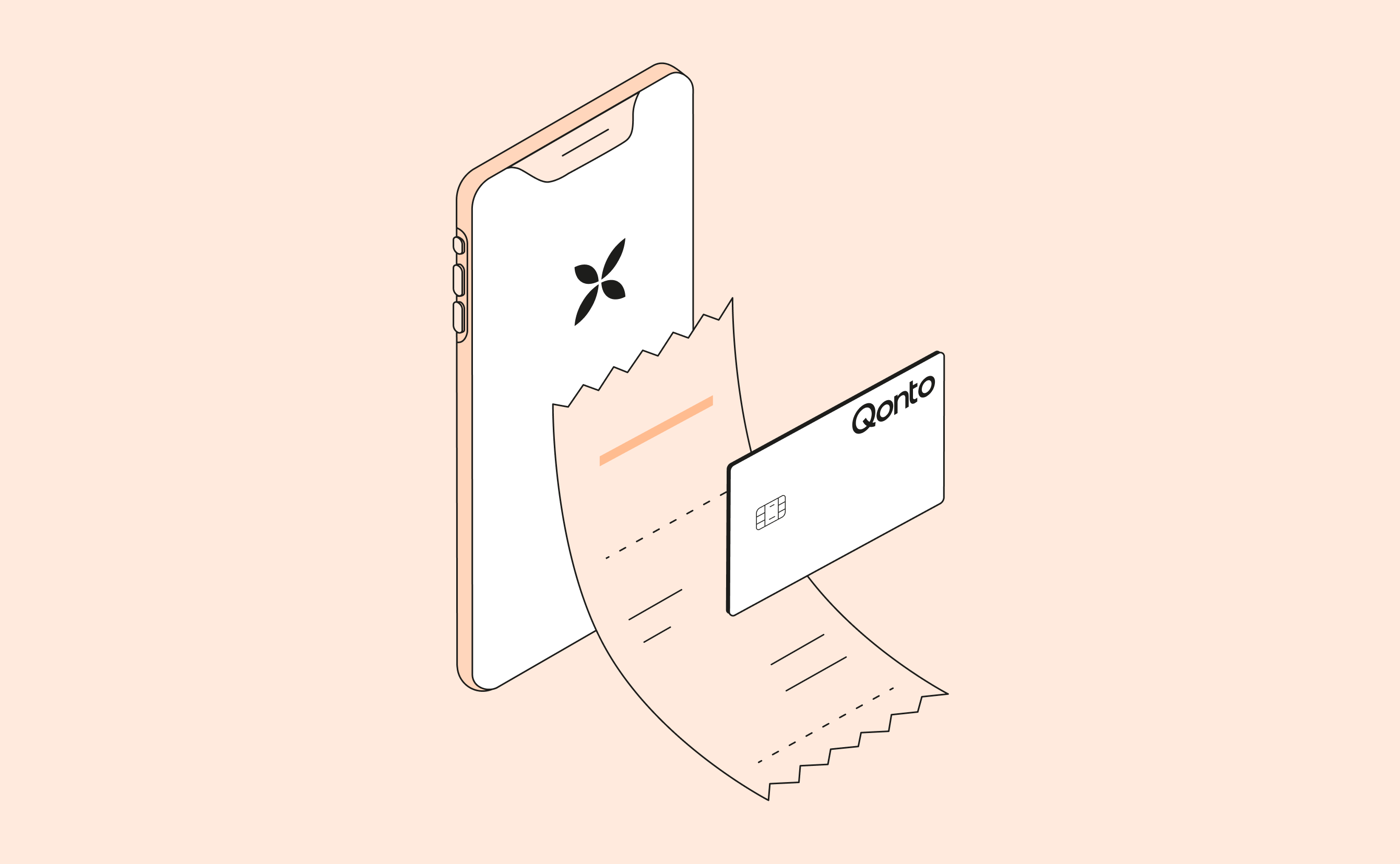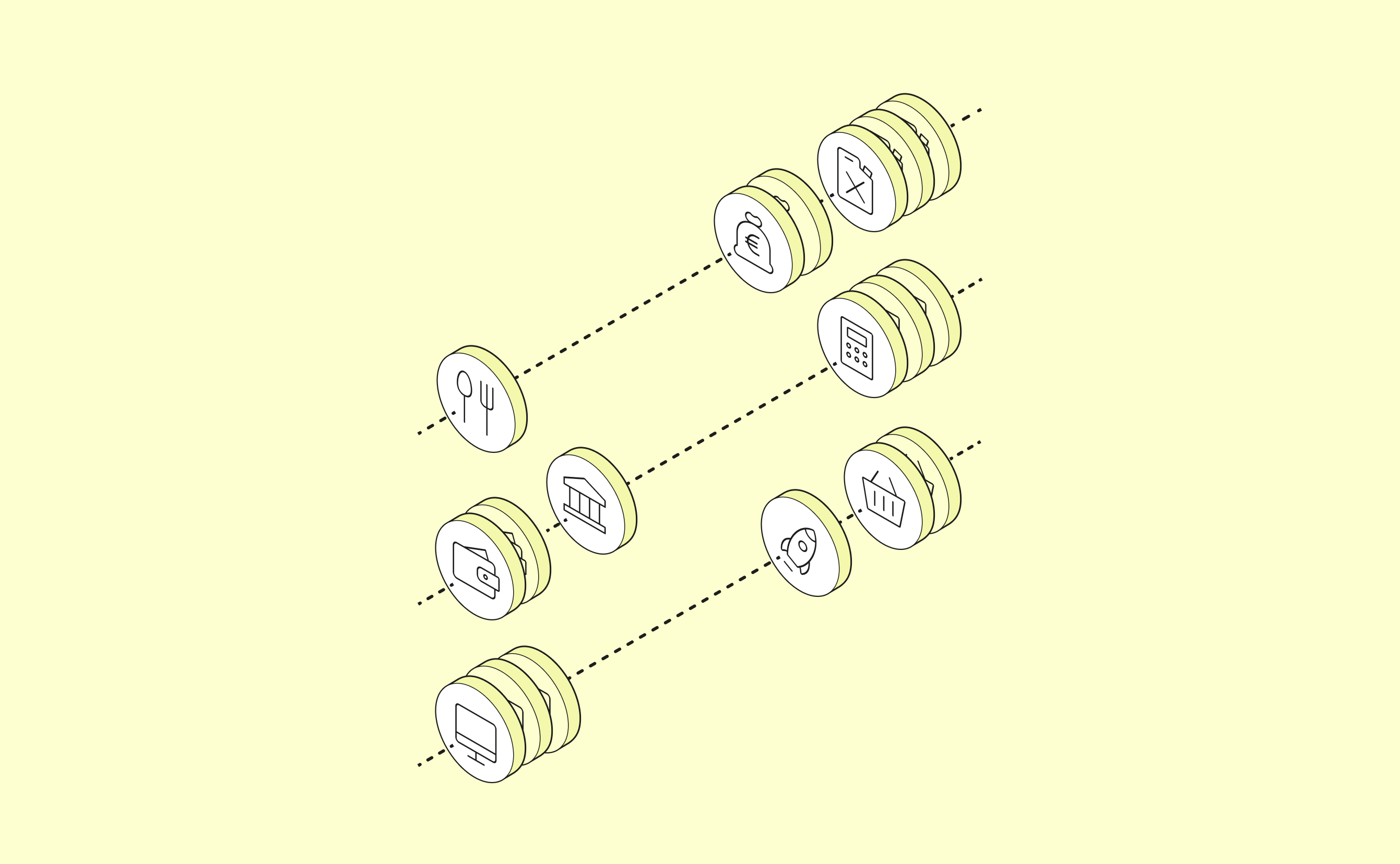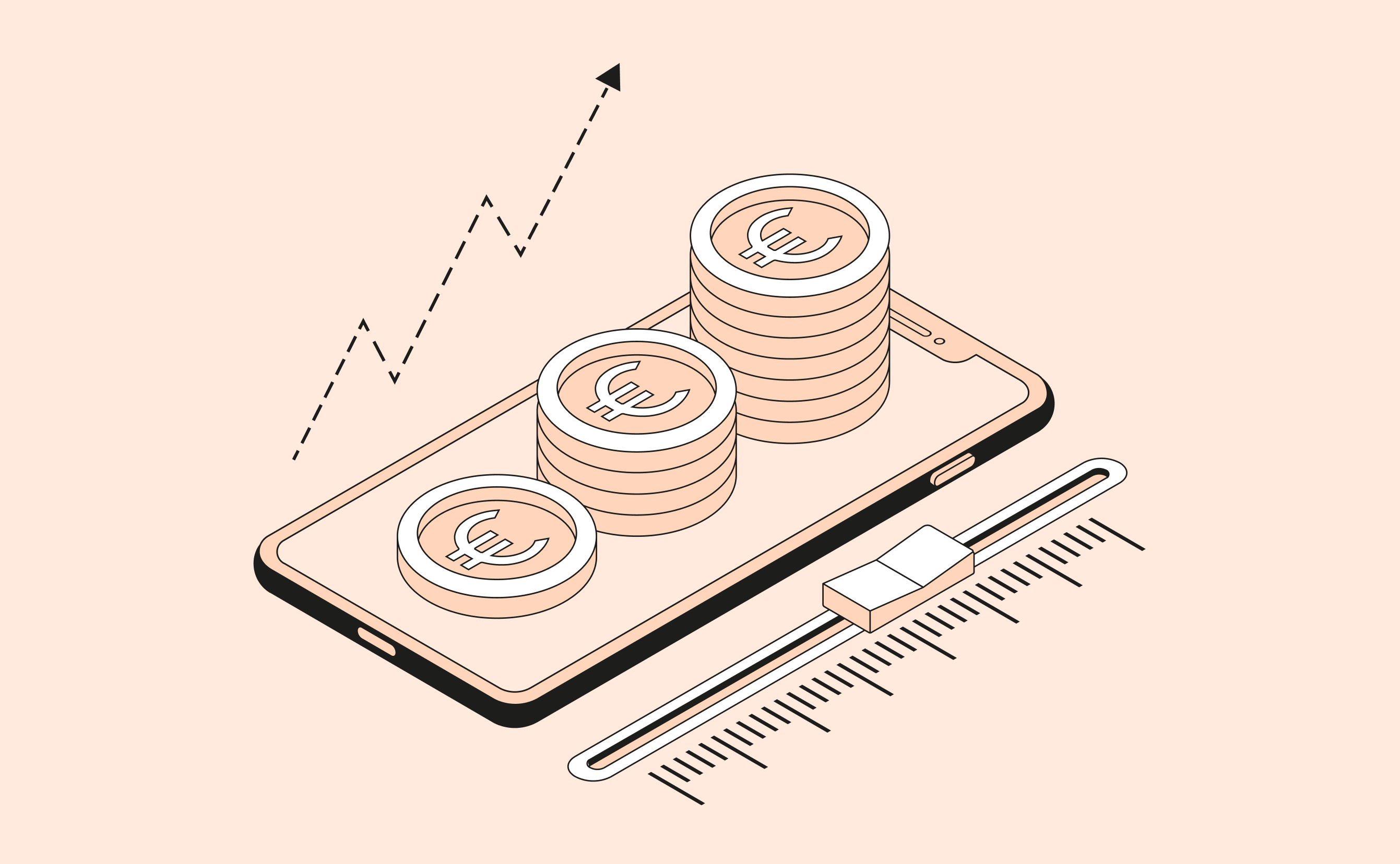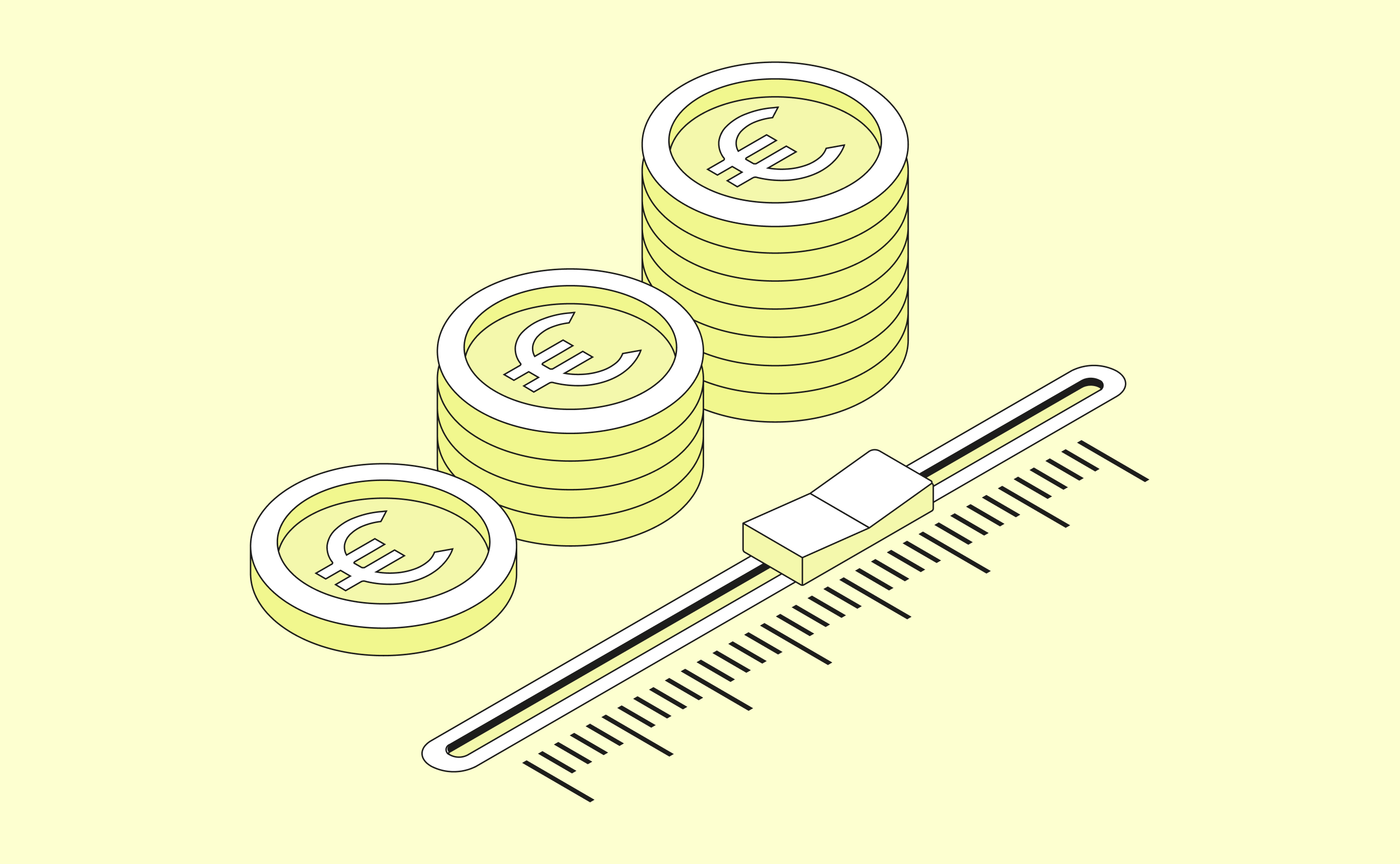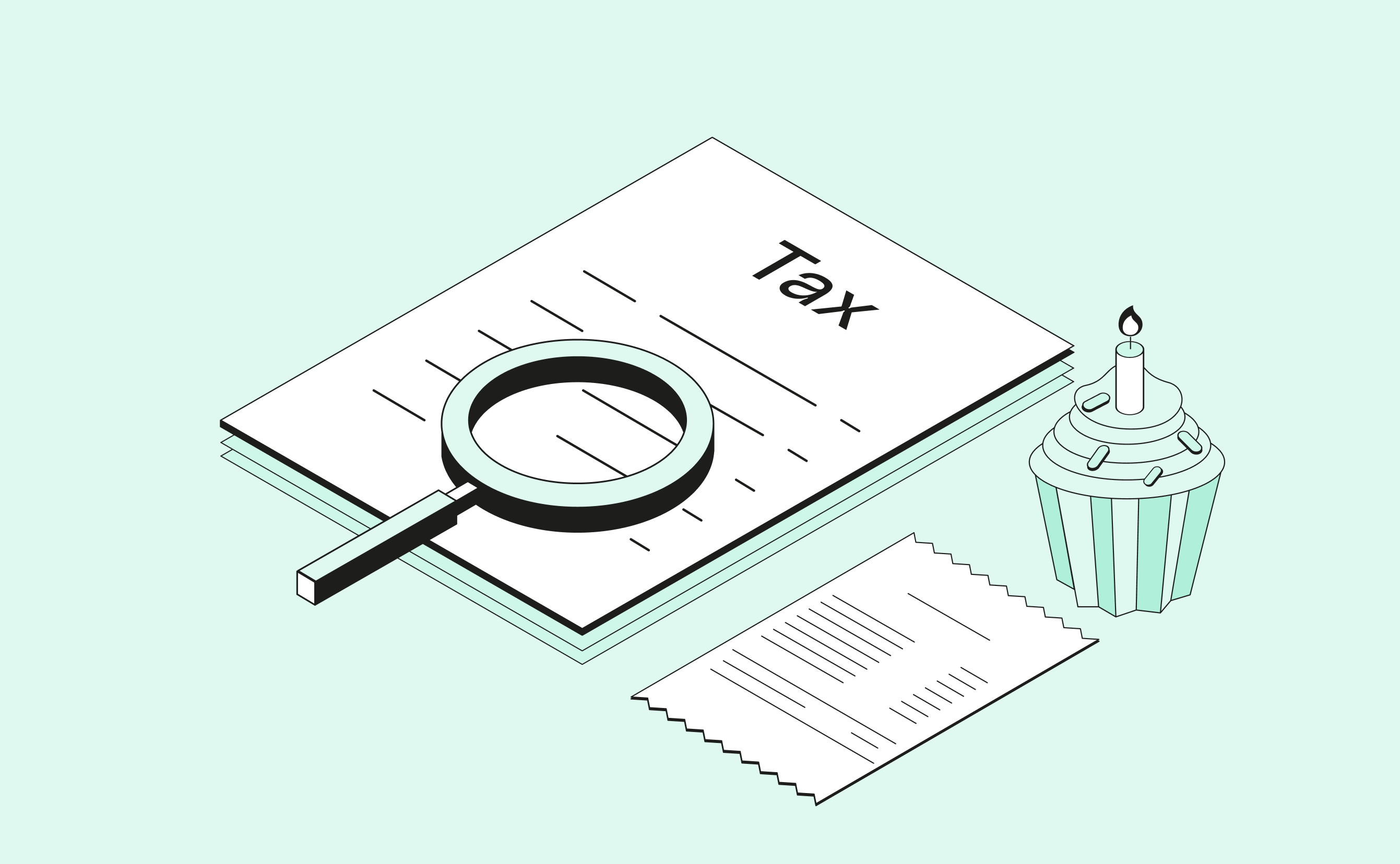Applying for loans works a little differently when you’re self-employed. The same could be true of almost everything for the self-employed, whether it be taxes, banking, or health insurance, so you’re probably not too thrilled to hear there’s a few extra steps to applying for a loan.
4 loans for the self-employed and how to apply for them
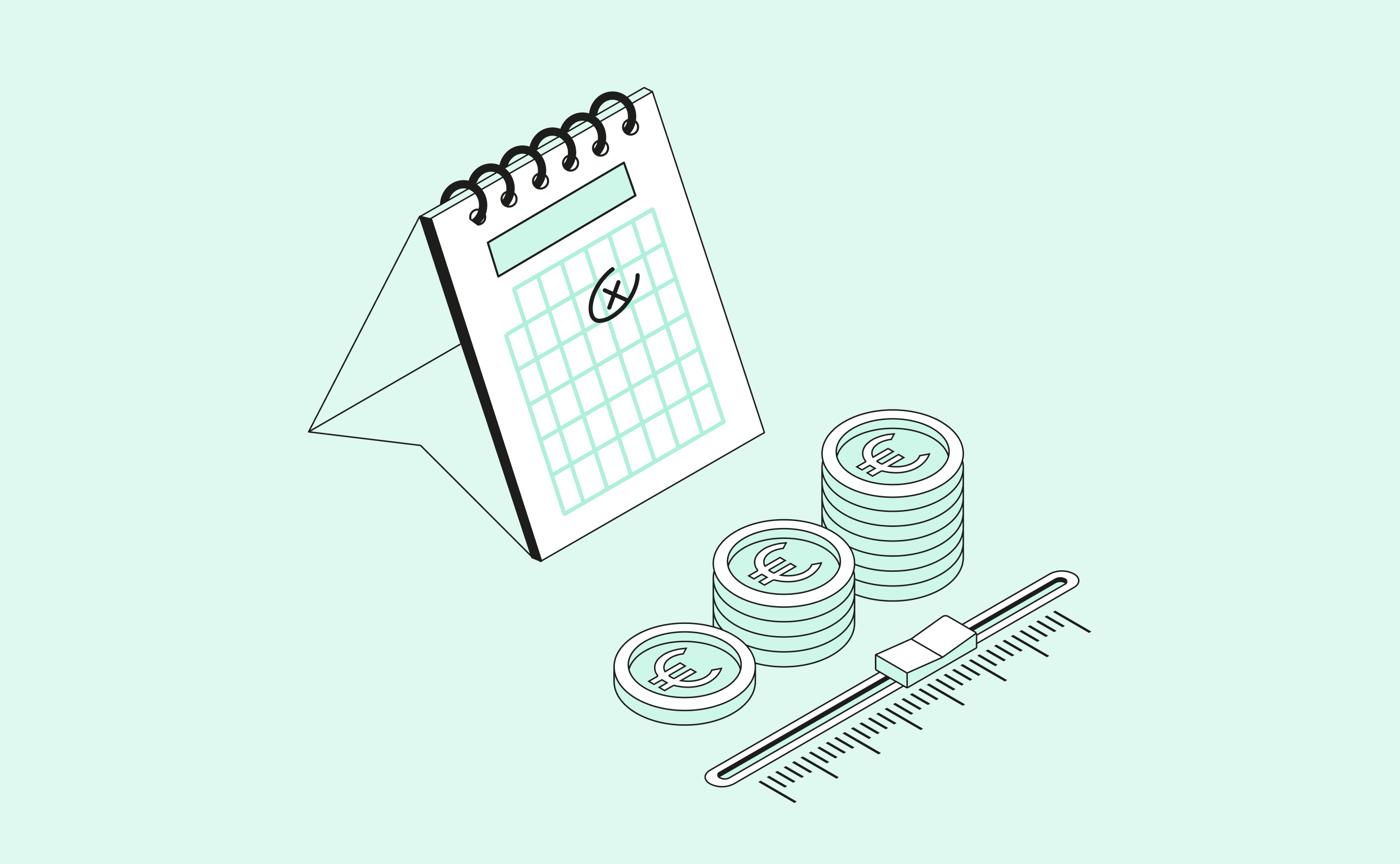
Do lenders offer loans for the self-employed?
There are many types of loans available for self-employed workers. Your options will be somewhat limited and come with certain conditions, however. This is because proving your income and a clear picture of your financial situation is more difficult than demonstrating a salary at a full-time job. Lenders want proof that you are able to pay back the loan.
Types of loans for the self-employed
The below types of loans depend on the nature and size of your business. Each will offer different repayment conditions and fund your business in different ways. Understanding each of them will help you decide which is best for you.
Personal loan for the self-employed
Personal loans are lent by banks, credit unions, or online lenders, and paid back in fixed monthly instalments over several years. It’s common to seek out personal loans for their non-discretionary nature. Debt consolidation, where the debtor takes out a loan to cover other unpaid debts, is a common situation in which personal loans are used.
- Car
- House
- Land
- Office space
- Investments/shares
Personal loans come in two different forms: online and traditional loans and credit card loans.
Online and traditional
Online and traditional
Convenient, fast, and often with lower rates, online loans will let you complete the entire lending process without ever stepping outside your bedroom.
Credit card
Credit card
Like online loans, credit card loans are fast and convenient ways to get cash. Your credit card issuer may offer you a loan via your online account or app. How much you will be able to borrow depends on a few factors:
- Available credit
- Monthly spending habits
- Creditworthiness
…among others. The issuer will then offer you fixed loan repayment terms, which you can choose between. These may be anywhere up to five years. It’s important to know that while you can keep using the credit card with which you took out the loan, you should be extra careful to stay under your limit to not incur costly extra fees.
Business loans for the self-employed
Taking out a business loan as a self-employed person is creating a debt that your company is required to repay according to the conditions of the loan. Your loan size will obviously depend on your needs and financial stability of your company, but it is likely to be a larger loan than what an individual freelancer or self-employed person will take out.
- Getting your company off the ground
- Office supplies
- Projects and campaigns
…among others. Your company business loan will likely include input and discussion from other founders who may influence the needs and expectations of the loan.
SBA microloans
SBA microloans
The US Small Business Association (SBA) has a microloan program which offers funding to non-profit lenders. These lenders may then provide loans of up to $50,000 US to companies. These ‘microloans’ have no minimum amount, however the nonprofit lenders to whom the money is provided may set minimums of their own.
Business credit cards
Business credit cards
Specifically designed for small businesses, business credit cards are a flexible and convenient way to make business expenses. Loans on a business credit card work basically the same way as personal ones, however you are demonstrating your company’s credit rating and financial history.
Business lines of credit
Business lines of credit
An unsecured line of credit, this will provide a loan to your company for any kind of expense you wish. Because it’s unsecured, your company won’t need to put up any collateral for the loan. Business lines of credit help companies better manage cash flows by assigning certain expenses to the line of credit.
- Business ownership for a certain length of time
- Demonstration of financial stability
- Long-term spending plans
The lasting advantage of taking out a business line of credit is, if you stick to the repayment plan, you will better secure your company for future credit lines and more flexible repayment plans.
Government loans for the self-employed
Most countries offer loans for start-ups and new businesses. These can be especially useful for early businesses, as there are many grants encouraging new businesses and offering generous lump sums.
- There will be a minimum length of time for which your business must have been in operation.
- Loans will usually include a fixed interest rate.
- There may be many different loan types. Choose the one which best suits your particular business.
- COVID-19 may have changed the conditions of certain loans.
Guarantor loans
If your financial circumstances make meeting loan repayment terms difficult, you can seek out a guarantor for your loan. Guarantor loans allow the borrower to elect a person who promises to pay the debt if the borrower is unable to. A guarantor may also be referred to as a ‘surety’.
Limited and unlimited guarantors
While a guarantor is useful for getting a loan approved that you might otherwise not have been able to afford, if the guarantor fails to meet their obligations, the responsibility comes back around to you. This can in turn negatively affect your credit history. Choose your guarantor wisely and, even if you know the person, ask for financial records in case.
How to secure a loan if you’re self-employed
Applying for a loan means looking at all the possible providers available to you. Here are some of the major areas where you will likely find a loan suitable to you:
- Online: online lenders, bank websites, loan office websites
- Bank branches: loan officers, in-person meetings
- Mobile apps: lending apps, financial institutions, banking apps
What documents are needed to apply for a loan?
What you’ll need to present in order to secure a loan will depend somewhat on where you are applying for it. However, you should expect to provide the following categories of personal and financial information:
- Proof of photo identity
- Proof of residence
- Proof of residence ownership (if applicable)
- Proof of office address (if applicable)
- Proof of business existence
- Proof of income
- Bank statement
- Business plan
- Proof of investment (if applicable)
- Personal photograph
Are there self-employed loans with bad credit?
Since self-employed income is often fluctuating and there’s usually a lack of financial stability in the beginning stages, you may find yourself applying for a loan with less than desirable credit. A bad credit loan simply refers to a loan provided to someone with a poor credit history or lack of financial stability.
Are there loans for the self-employed with no proof of income?
Loans with no income verification will instead depend on collateral or a guarantor. If you have assets which can be seized with no serious damage done to your company or freelancing business, you might consider putting those assets up for collection if you fail to meet the repayments. Otherwise, if you can work out a suitable deal with a guarantor who is willing to cover costs, this is worth doing also.
Applying for loans as a company owner or freelancer shouldn’t be something you feel you need to stay away from. There are so many options and repayment plans to fit businesses and entrepreneurs at all different stages, from founding to successful company ownership.
| German title | Loan type | Funding | Eligibility |
|---|---|---|---|
| Gründungszuschuss | Unemployment benefits |
Amount of previous unemployment benefit + €300 |
Those planning to transition from employment to self-employment, with at least 150 days unemployment benefits remaining (Arbeitslosengeld – I) |
| Einstiegsgeld | Unemployment benefits | No more than 50% of unemployment benefits | Those receiving Arbeitslosengeld – II |
| (none) | EU-backed startup loan | Depending on your financial institution | Those beginning their startup ventures |
| GWR grant (Gemeinschaftsaufgabe ‘Verbesserung der regionalen Wirtschaftsstruktur’) | Non-repayable cash payments for new businesses | Covering a maximum of 40% of startup costs | Those starting out in the manufacturing and service industries |
| Beratungsförderung | Consultant-assisted funding | Depending on the outcome of your consultation | Any self employed person or company with a business plan |
- There are loans available for the self-employed, however they often come with extra conditions
- Personal loans can be obtained online or in person, or with a credit card
- Business loans take the from the the SBA, on business credit cards, or on a business line of credit
- There are always government loans available, with generous repayment plans or non-repayable cash rewards
- Guarantor loans provide extra security and repayment assistance
- Bad credit loans are often available online and have lower offers with flexible repayment plans
- Loans can be taken out with no proof of income, in the form of guarantor-assisted ones or with the lender’s assets
